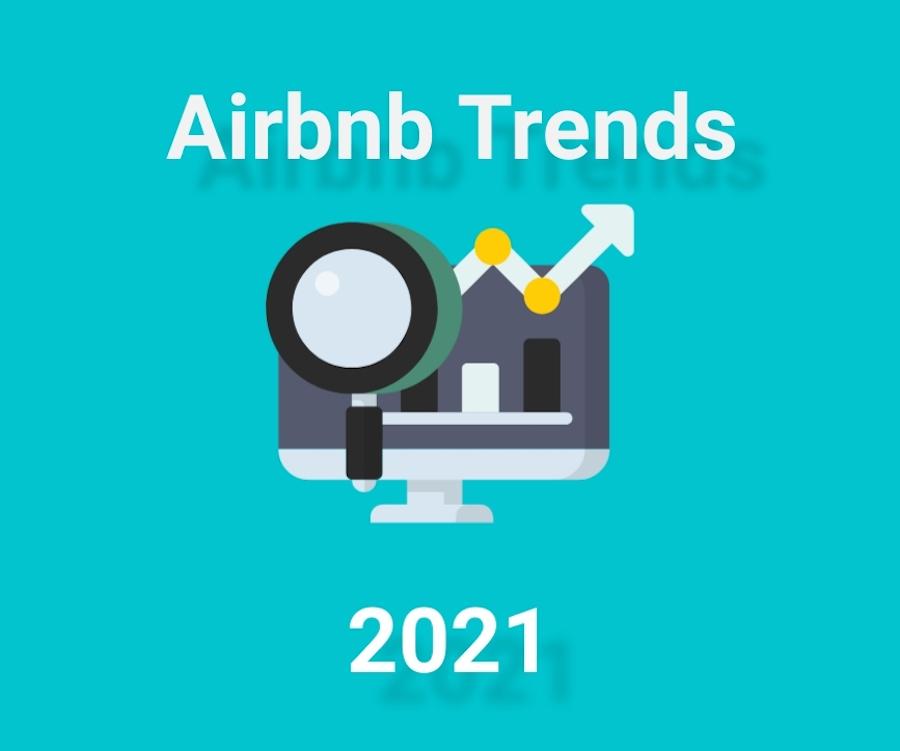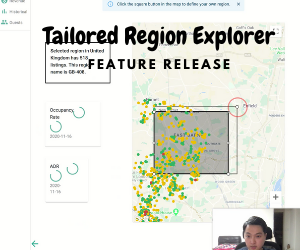As a first-time property investor, you are bound to run into the classic dilemma: short-term or long-term rentals. This issue is not just about how long to rent out your properties for, but also an issue of owning vs. renting property. Traditionally, owning real estate is the ultimate goal for property investors, but ownership has […]






